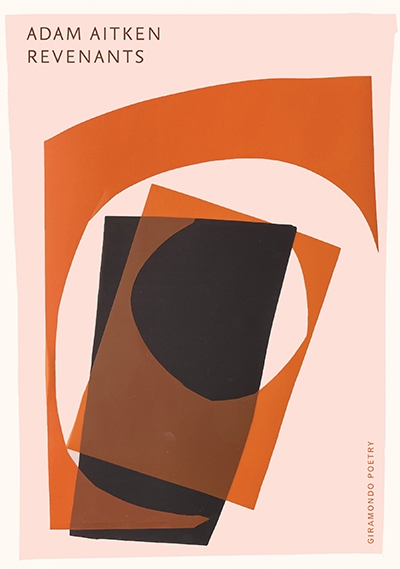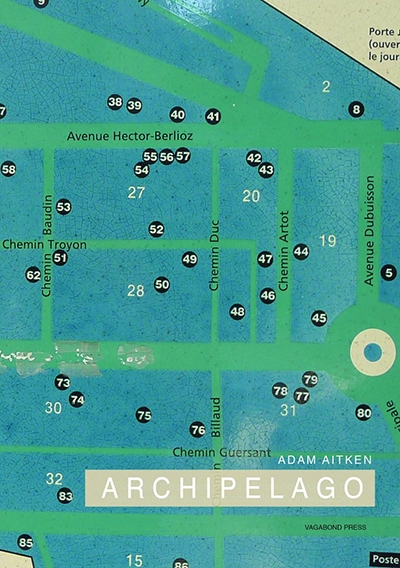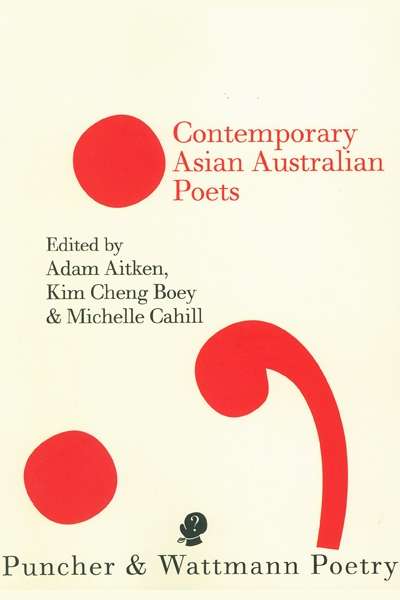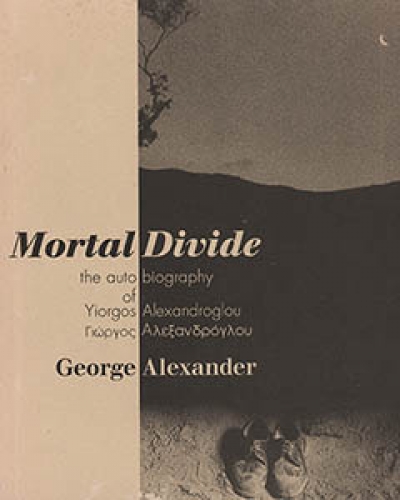Adam Aitken
Contemporary Asian Australian Poets edited by Adam Aitken, Kim Cheng Boey, and Michelle Cahill
by John Kinsella •
Dalliance and Scorn by by Alan Gould with drawings by Anne Langridge
by Adam Aitken •
Mortal Divide: The autobiography of Yiorgos Alexandroglou by George Alexander
by Adam Aitken •




